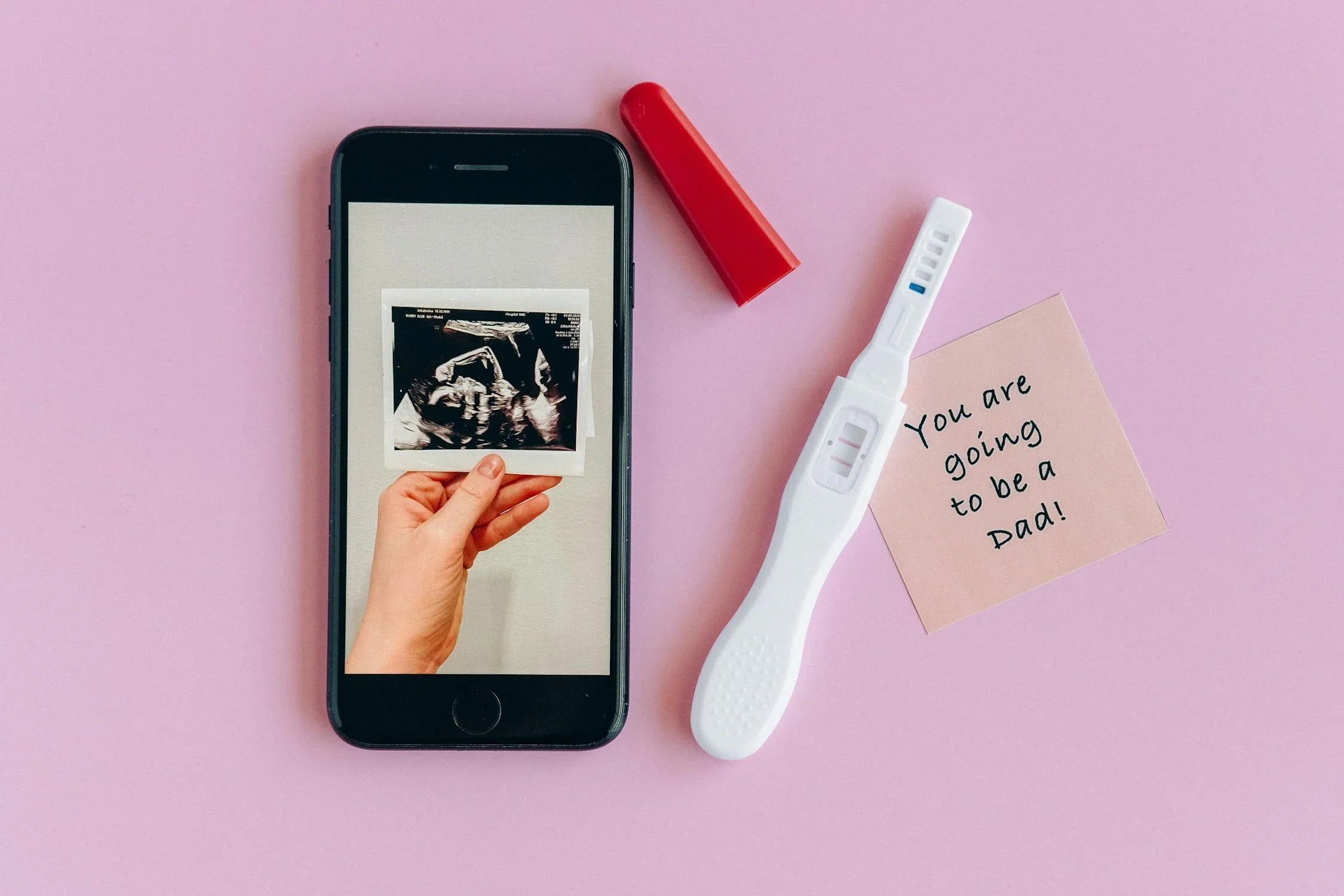Home
Pregnancy, Breastfeeding, and Pumping: The Ultimate Guide for Moms
Are Pregnancy Tests Accurate at Night? What You Need to Know

Are Pregnancy Tests Accurate at Night? What You Need to Know
When it comes to taking a pregnancy test, timing can feel like everything. Many women wonder, are pregnancy tests accurate at night? The answer isn’t as straightforward as you might think. While pregnancy tests are designed to detect the presence of the hormone hCG (human chorionic gonadotropin), the time of day you take the test can influence its accuracy. Let’s dive into the details to help you understand when and how to get the most reliable results.
How Do Pregnancy Tests Work?
Pregnancy tests detect hCG, a hormone produced by the placenta shortly after a fertilized egg attaches to the uterine lining. This hormone is present in urine and blood, but most at-home tests rely on urine samples. The concentration of hCG increases rapidly in early pregnancy, doubling every 48 to 72 hours. However, the level of hCG in your urine can vary depending on factors like hydration and the time of day.
Why Timing Matters
For the most accurate results, many experts recommend taking a pregnancy test in the morning, specifically with your first urine of the day. This is because your urine is more concentrated after a night’s sleep, making it easier for the test to detect hCG. However, this doesn’t mean that taking a test at night is completely unreliable. If you’re further along in your pregnancy, the hCG levels in your urine may be high enough to detect at any time of day.
Factors That Affect Test Accuracy
Several factors can influence the accuracy of a pregnancy test, regardless of the time of day:
- Hydration Levels: Drinking large amounts of fluids can dilute your urine, making it harder for the test to detect hCG.
- Test Sensitivity: Some tests are more sensitive than others and can detect lower levels of hCG.
- Testing Too Early: If you take the test too soon after conception, your hCG levels may not be high enough to detect.
- Expired or Faulty Tests: Always check the expiration date and follow the instructions carefully.
When to Take a Pregnancy Test
The best time to take a pregnancy test depends on your individual circumstances. If you’re testing early, it’s best to use your first morning urine. However, if you’ve already missed your period or are experiencing pregnancy symptoms, you may get accurate results at any time of day. If you’re unsure, consider taking the test twice—once in the morning and once at night—to compare the results.
What to Do If You Get a Negative Result
A negative result doesn’t always mean you’re not pregnant. If you tested at night and got a negative result but still suspect you might be pregnant, wait a few days and test again in the morning. If you continue to get negative results but still haven’t gotten your period, consult a healthcare professional for further testing.
Tips for Accurate Testing
To ensure the most accurate results, follow these tips:
- Read the instructions carefully before taking the test.
- Use your first morning urine if testing early.
- Avoid drinking excessive fluids before testing.
- Check the expiration date on the test.
- Wait the recommended amount of time before reading the results.
While the question are pregnancy tests accurate at night doesn’t have a one-size-fits-all answer, understanding how these tests work and the factors that influence their accuracy can help you make informed decisions. Whether you’re testing in the morning or at night, following best practices will increase your chances of getting reliable results. If you’re still unsure, don’t hesitate to seek guidance from a healthcare professional. Your journey to clarity starts with the right information and the right approach.
Share
